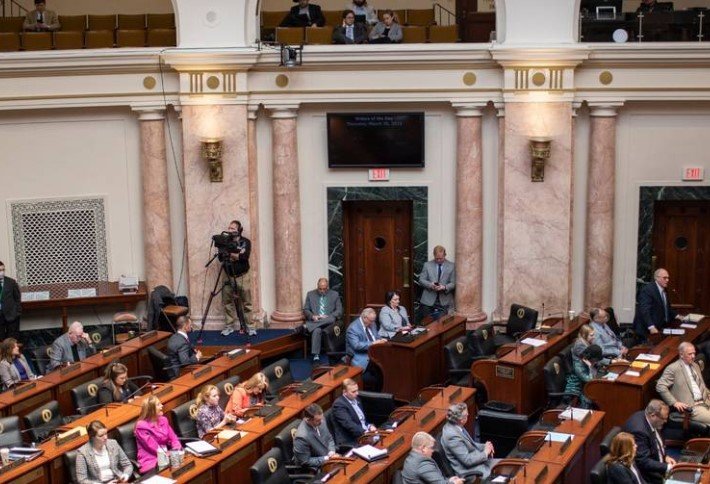In the Bluegrass State, a legislative proposal known as House Bill 509 has stirred a contentious debate over the future of governmental transparency. This bill, if passed, could potentially alter Kentucky’s longstanding tradition of openness, raising questions about the balance between privacy and the public’s right to know.
The Contours of Controversy
The bill’s proponents argue that it will streamline the process of accessing public records, ostensibly making government operations more transparent. However, critics fear that the proposed changes may actually obstruct public access to essential information, effectively shielding government correspondence from scrutiny.

The first paragraph will examine the intentions behind HB 509, as stated by its supporters. The second paragraph will delve into the concerns raised by transparency advocates, who warn of the bill’s possible implications for public oversight. The third paragraph will explore the broader context of open records laws in Kentucky and how HB 509 fits within that framework.
The Political Backdrop
Governor Andy Beshear’s stance on HB 509 has become a focal point in the debate. His support for the bill contrasts with his previous position as Attorney General, where he championed open records. This shift has prompted speculation about his motivations and the potential impact on his administration’s transparency.
The first paragraph will discuss Governor Beshear’s current support for HB 509 in light of his past advocacy for transparency. The second paragraph will address the political dynamics at play, including the governor’s relationship with the legislature and other stakeholders. The third paragraph will consider the potential consequences for Beshear’s political future and public trust in government.
The Future of Openness
As the discussion around HB 509 continues, the future of Kentucky’s open records laws hangs in the balance. The outcome of this legislative battle will have lasting implications for how citizens interact with their government and hold it accountable.
The first paragraph will outline the possible scenarios should HB 509 become law. The second paragraph will analyze the role of public opinion and activism in shaping the bill’s trajectory. The third paragraph will reflect on the enduring importance of transparency in democratic governance and the stakes involved in this legislative decision.

Comments